Obscura
Shiny_Rock
- Joined
- Mar 2, 2019
- Messages
- 259
@Obscura, Chicago does have strict gun laws but what doesn‘t get discussed a lot is in less than an hour from Chicago you can be in Indiana and buy any gun you want with no restrictions. You don’t need a permit, you don’t need a background check. It’s ridiculous. Many guns are bought in Indiana and used in Illinois. Would gun violence in Chicago go down if there wasn’t easy access to guns in Indiana? Probably
The question being then why isn't the cities and towns around Chicago having the similar number of gun homicides...? Why isn't the whole country? Because it's not true. You can NOT buy or sell a gun to an out of state person. They are getting them illegally or in other parts of Illinois.
From ATF:
"Generally, a firearm may not lawfully be sold by a licensee to a nonlicensee who resides in a state other than the state in which the seller’s licensed premises is located. However, the sale may be made if the firearm is shipped to a licensee whose business is in the purchaser’s state of residence and the purchaser takes delivery of the firearm from the licensee in his or her state of residence.
In addition, a licensee may sell a rifle or shotgun to a person who is not a resident of the state where the licensee’s business premises is located in an over–the–counter transaction, provided the transaction complies with state law in the state where the licensee is located and in the state where the purchaser resides." And if you are not a FFL seller (private seller) you cannot sell to out of state person PERIOD.
Like I said, it is not JUST a gun control problem. And also like I said, I am FOR reasonable gun control laws, I do not agree with extreme views on either side. Neither make sense and neither fix the bigger picture issue that I've stated before.
Last edited:

:watermark(cdn.texastribune.org/media/watermarks/2022.png,-0,30,0)/static.texastribune.org/media/files/1f285c4460e3d534eaa204ebaf2f0cdd/txtrib-Guns-CCR018.JPG)
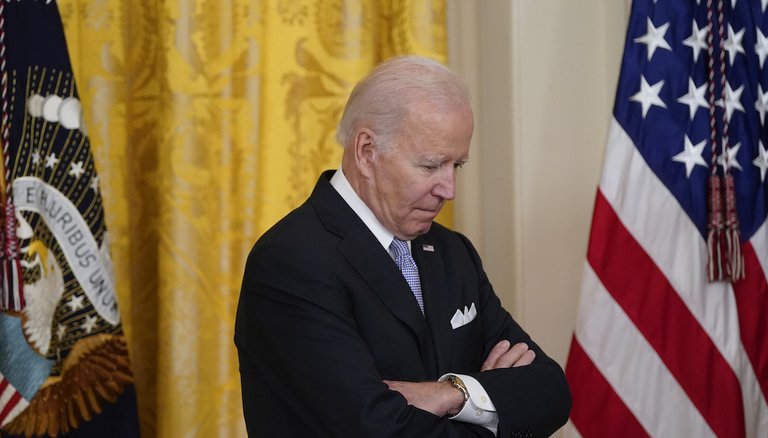
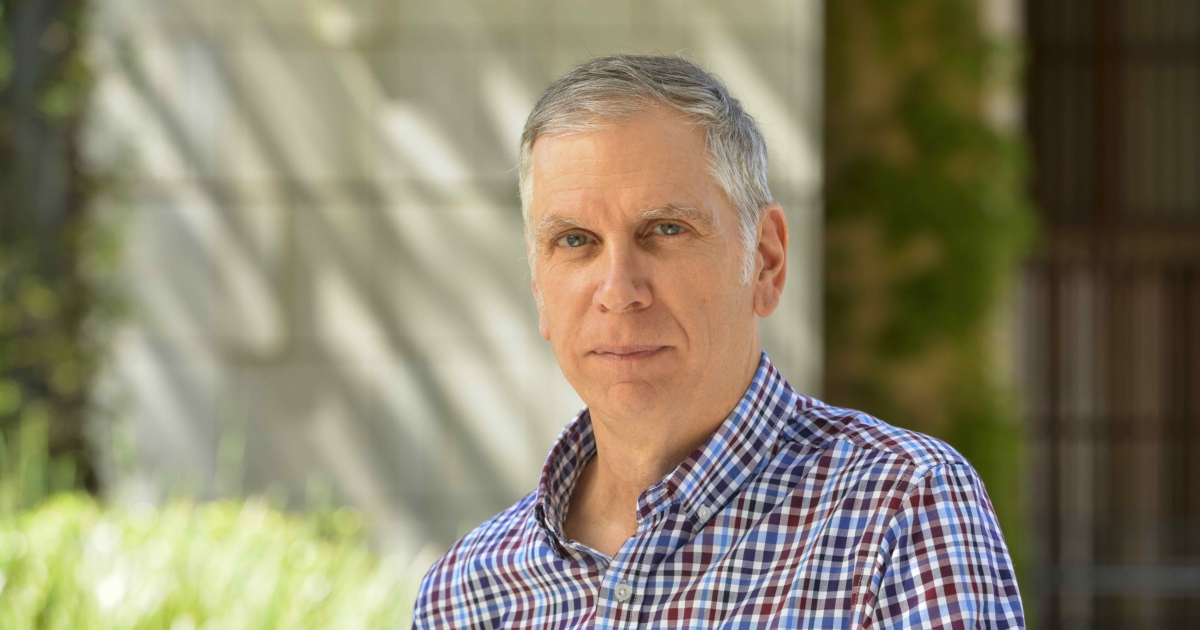
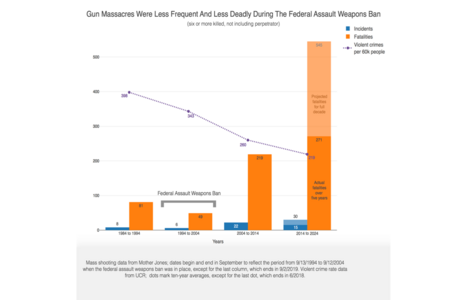
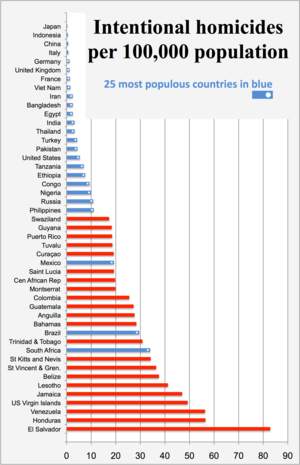
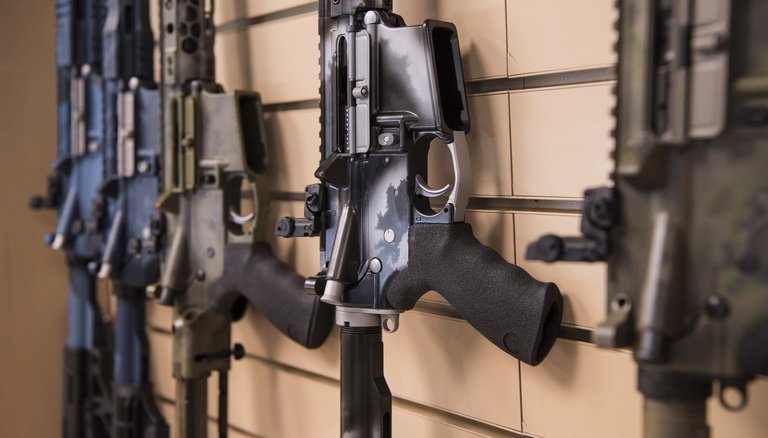

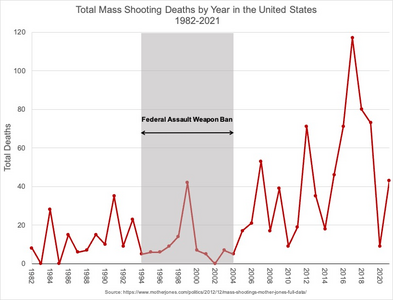


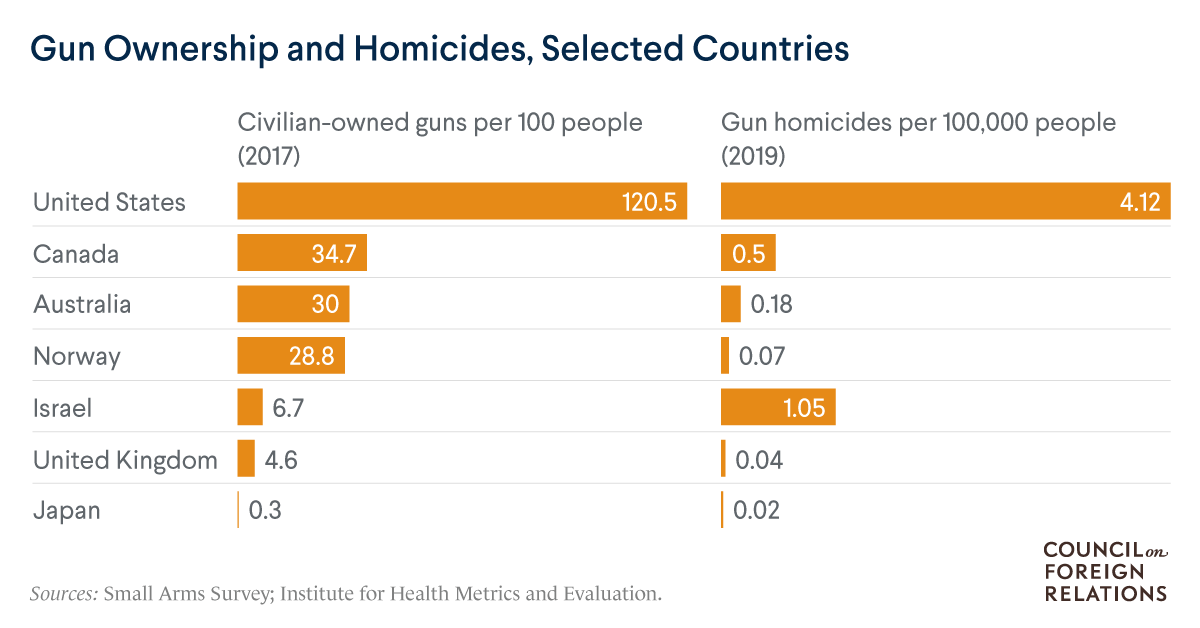

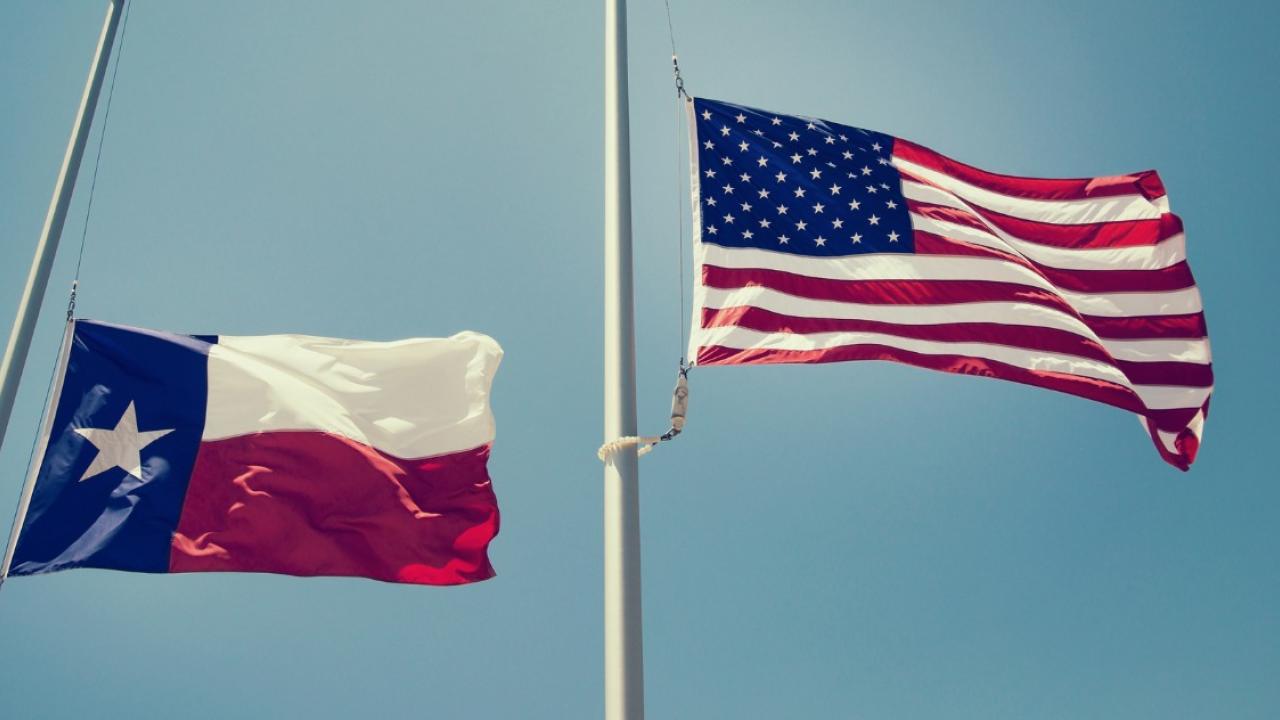


300x240.png)